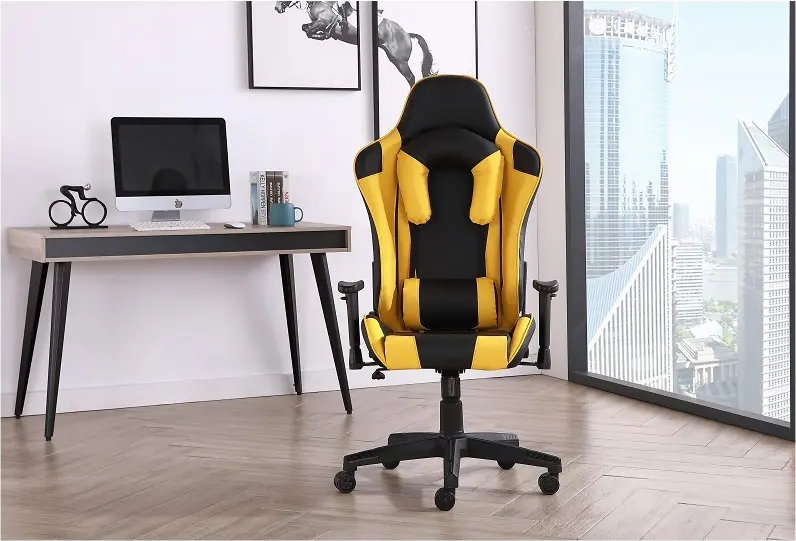Service experience and reputation
Industry experience: It is preferred to choose suppliers with rich experience in the field of office chair after-sales service. For example, some suppliers have focused on office furniture after-sales service for many years, familiar with the characteristics and common problems of various brands and models of office chairs, and can provide services more efficiently.
Customer evaluation: Through Internet search, industry forums, social media and other channels, check the evaluation and feedback of other enterprises on different after-sales service providers. You can also consult with enterprises in the same industry to understand the actual service effect of the after-sales service providers they use, and suppliers with good reputation are usually more trustworthy.

Service scope and capability
Comprehensive service program: Ensure that the service provided by the supplier covers the various problems that may occur in the office chair, including repair, maintenance, parts replacement, disassembly and assembly. For example, not only the mechanical structure of the chair can be repaired, but also damage to the surface of the fabric or leather can be treated.
Technical ability: The supplier’s maintenance team should have professional technical knowledge and skills, be familiar with various technical principles of office chairs, and have advanced maintenance tools and equipment. For example, it can fault diagnose and repair the electronic control system of high-end intelligent office chairs.
Brand compatibility: If the enterprise uses a variety of brands of office chairs, the after-sales service provider selected should be able to provide services for these different brands of chairs, with a wide range of brand compatibility.
Response speed and service timeliness
Quick response: The supplier should be able to respond quickly after receiving the after-sale needs of the enterprise, promising to give solutions or arrange maintenance personnel to come to the door in a relatively short time. For example, some vendors promise to respond within 24 hours and be on site within 48 hours, which is important to reduce office outages.
Service timeliness guarantee: Clarify the time period for the supplier to complete the repair or service, especially for some urgent maintenance needs, to ensure that it can be completed within the time acceptable to the enterprise to avoid greater impact on the work.
Warranty and commitment
Warranty period: Choosing a supplier that offers a longer warranty period shows that they are confident in the quality of their service. Generally speaking, high-quality after-sales service providers will provide a warranty period of at least 1-2 years, and the problems of repaired parts or replaced parts will be dealt with free of charge during the warranty period.
Service commitment: A detailed understanding of the supplier’s service commitment, such as maintenance quality assurance, unsatisfactory service can be re-serviced or refund promises, which can provide more protection for the enterprise.
Price and cost
Reasonable pricing: Compare the service prices of different suppliers to ensure that their charges are reasonable and transparent, and avoid too high or too low prices. Too low a price may mean that the quality of the service cannot be guaranteed, while too high a price will increase the cost of the business. For example, suppliers can be asked to provide a detailed quotation, including repair items, parts prices, labor costs, and so on.
Long-term costs: Consider the long-term costs of the service provider, including the impact of its service quality on the life of the office chair, and whether preventive maintenance advice can be provided to reduce future repair costs.
Value-added service
Training services: Some suppliers will provide office chair use and maintenance training services to help employees correctly use and maintain office chairs, extend their service life, and reduce the probability of failure.
Regular inspection: The supplier can inspect the office chair regularly to the enterprise, discover potential problems and deal with them in time, and this proactive service mode can effectively reduce the failure rate of the office chair and improve work efficiency.
Cooperative flexibility
Contract terms: The contract terms should be flexible and can be adjusted according to the actual needs of the enterprise, such as the change of the scope of service, the extension or shortening of the service period.
Emergency treatment: The supplier should be able to flexibly respond to the unexpected situation or special needs of the enterprise, such as in the case of enterprise relocation, large-scale office chair replacement, etc., to provide additional service support.
Post time: Mar-17-2025